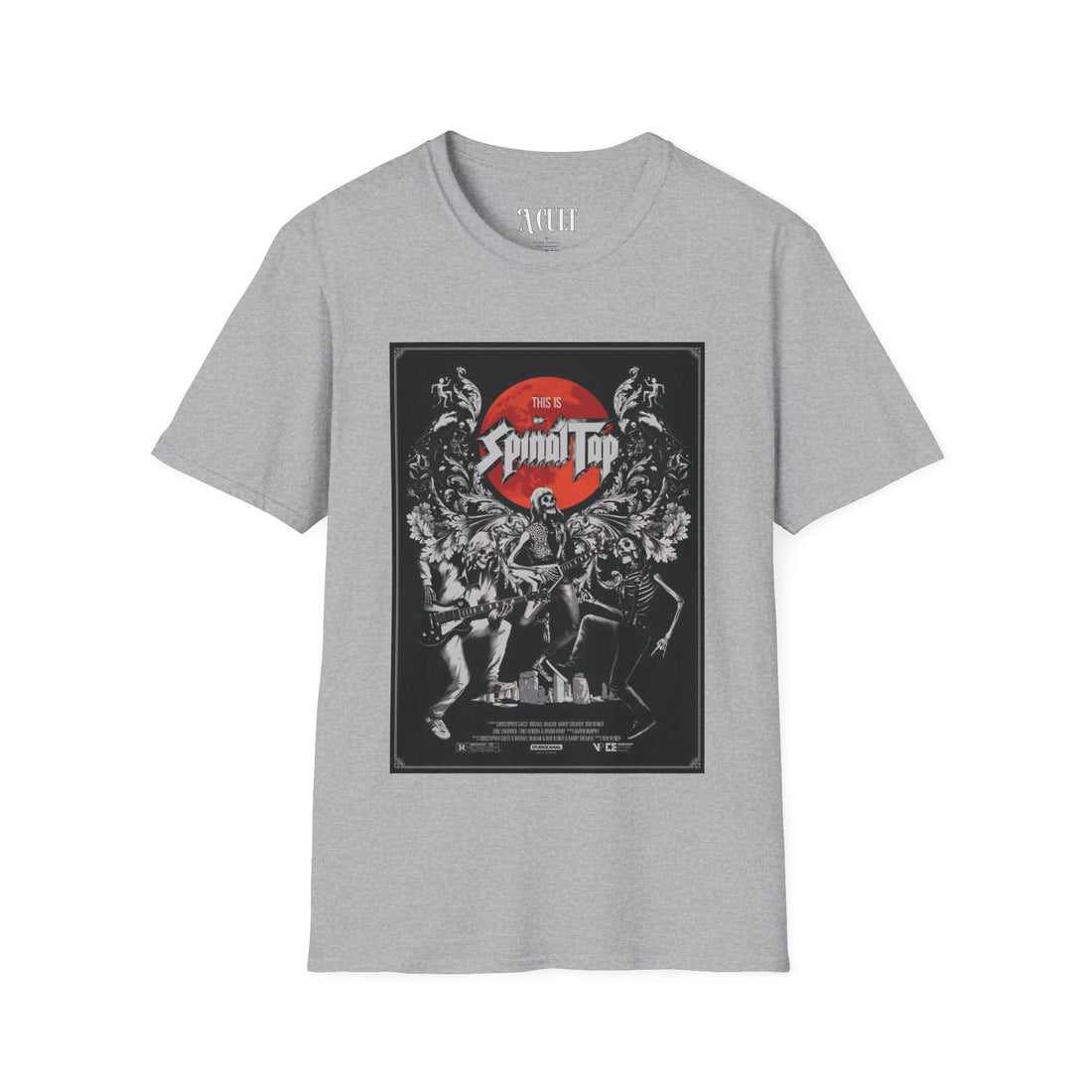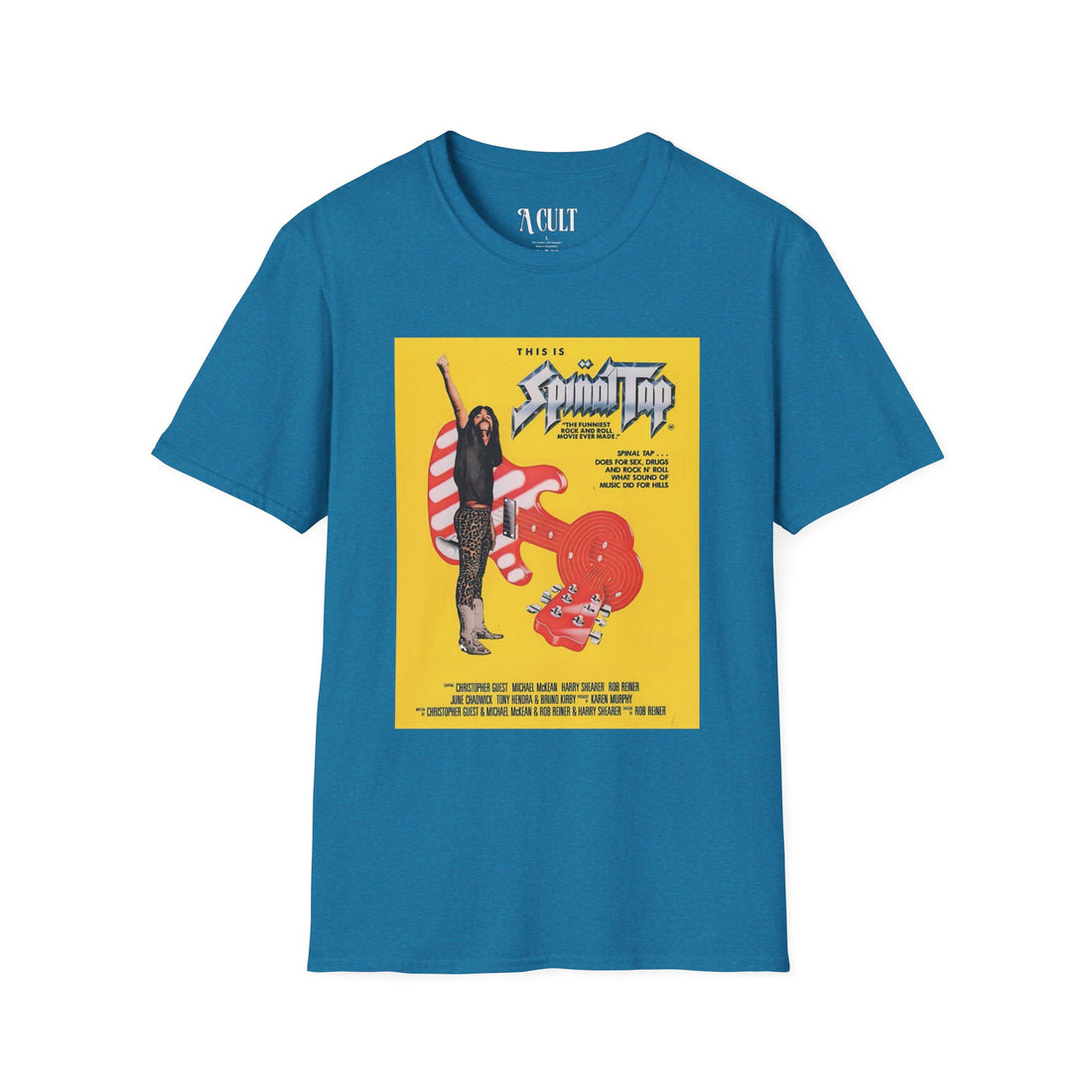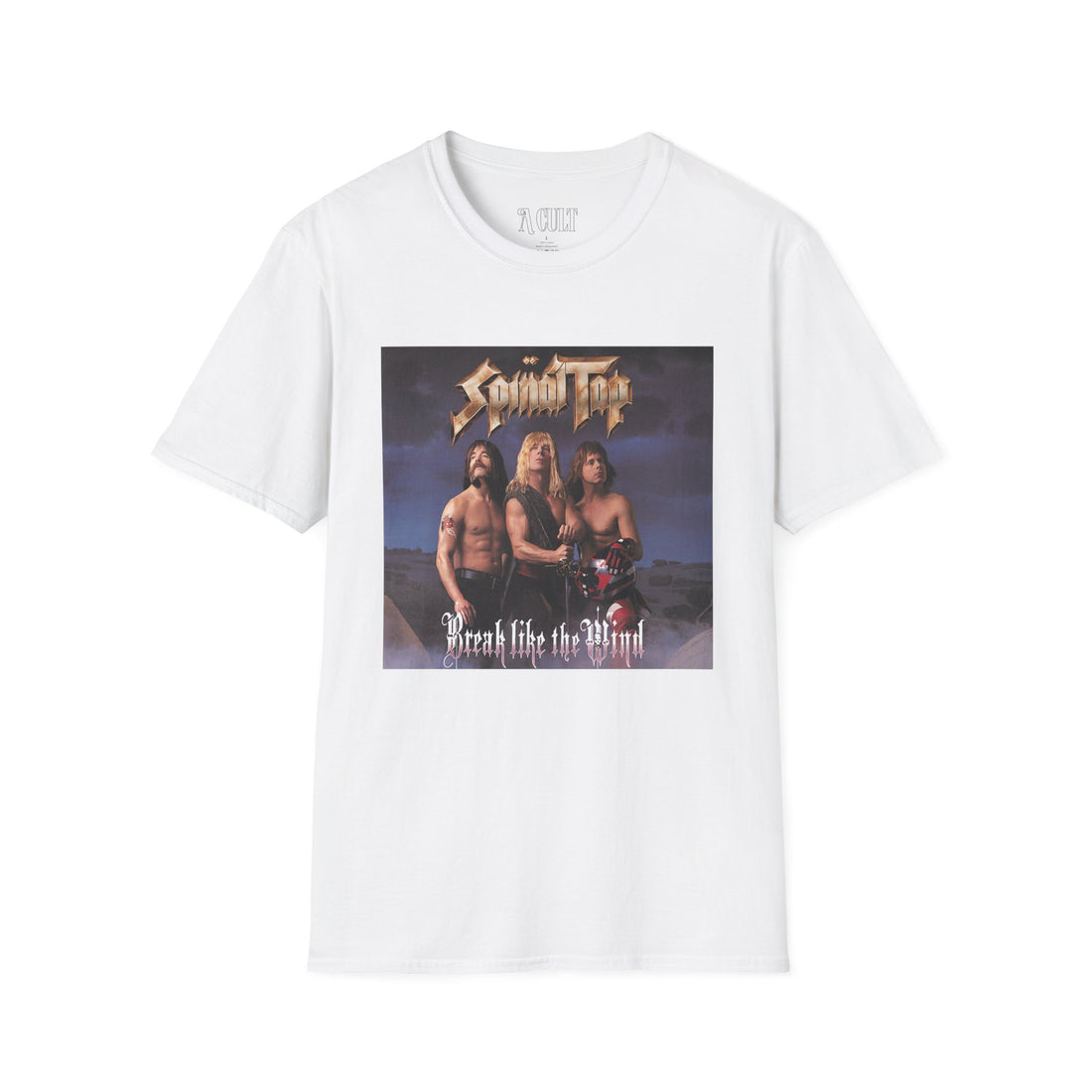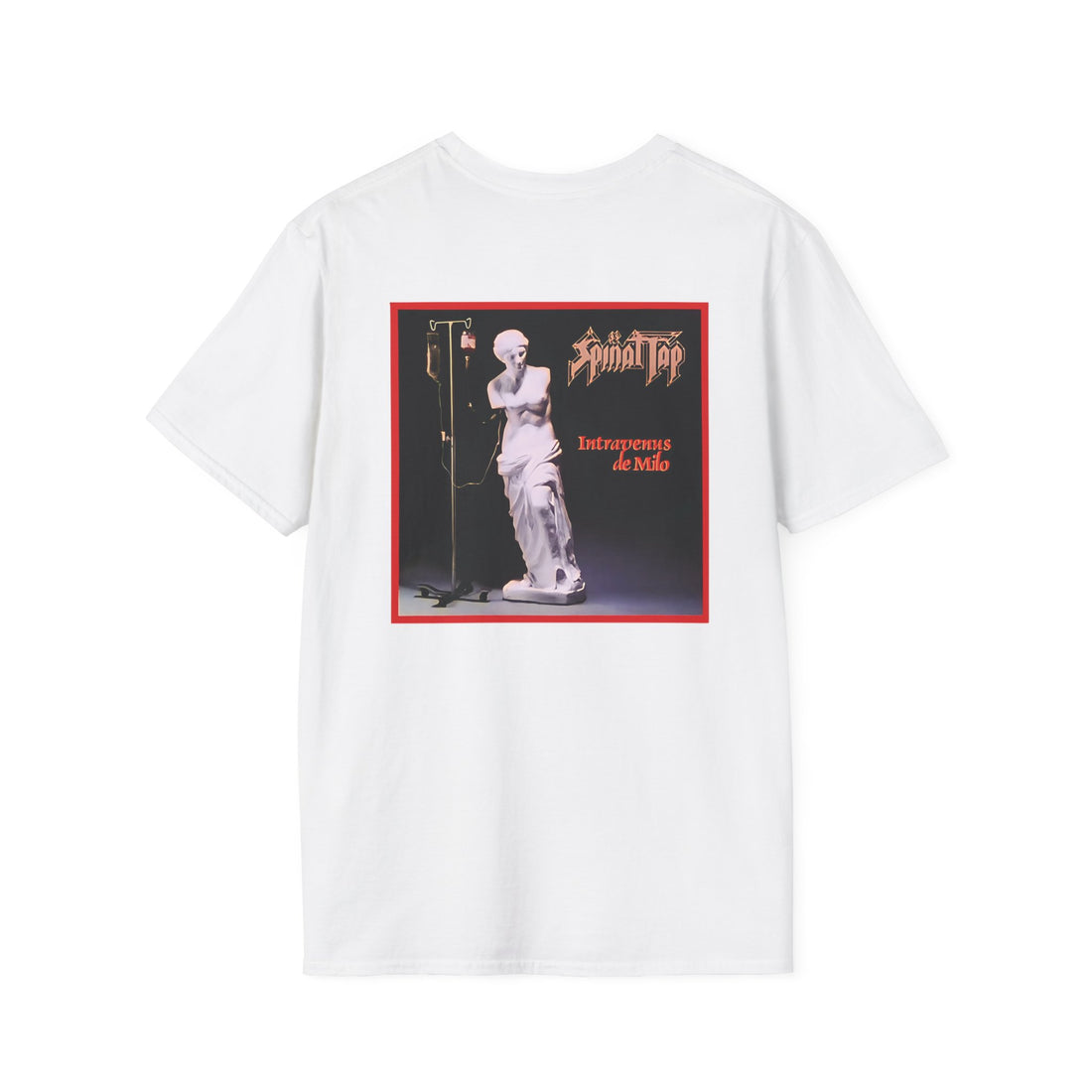Released in 1986, John Carpenter's Big Trouble in Little China stands as one of the most genre-bending entries in American cinema of its era. Combining elements of martial arts cinema, supernatural fantasy, slapstick comedy, and classic action tropes, the film was both ahead of its time and entirely out of sync with mainstream Hollywood sensibilities. Its fusion of Eastern mythology and Western pulp storytelling defied categorisation—and likely doomed its initial reception.
Despite its failure at the box office, the film has undergone a remarkable re-evaluation over the decades. What was once viewed as chaotic or incoherent is now celebrated as visionary and defiantly original. Its cult status today is a testament to the way cinema culture can shift, and how a misunderstood work can eventually be recognised for its innovation and charm.
At the time of its release, the landscape of American action films was dominated by hyper-masculine archetypes—think Rambo: First Blood Part II or Commando. Against that backdrop, Kurt Russell’s Jack Burton was a deliberate anomaly. Loud, brash, and utterly incompetent in many respects, Burton was more of a satirical commentary on the traditional action hero than a genuine iteration of it.
John Carpenter constructed Big Trouble as a meta-textual critique. Jack Burton believes he's the hero of the story, but it's actually his friend Wang Chi (played by Dennis Dun) who drives the plot and delivers most of the physical heroism. Burton bumbles through the narrative, often clueless and ineffective, functioning more as comic relief than protagonist.
This subversion was not widely appreciated at the time. Test audiences and critics found the tone uneven and confusing. 20th Century Fox didn’t quite know how to market the film, and their promotional materials misrepresented it as a straightforward action flick rather than the hybrid, irreverent genre experiment it truly was.
Timing compounded the problem. Released just weeks before James Cameron’s Aliens, Big Trouble was all but overshadowed by the studio’s bigger, more traditional sci-fi blockbuster. The film only earned about half of its $20 million production budget at the box office.
In response to the disappointing performance, Carpenter distanced himself from studio projects, citing creative interference and marketing mishandling. Russell’s performance, intentionally stylised to parody action tropes, was dismissed by many critics as tone-deaf or flat.
What was missed then—Carpenter’s genre deconstruction and commentary on American exceptionalism—has since become the source of the film’s scholarly and fan-based reappraisal.
With the proliferation of VHS and cable television, Big Trouble found a second audience. Free from the constraints of box office expectations and studio framing, the film’s bizarre charm began to resonate with viewers. College students and late-night viewers discovered it organically, appreciating the humour, the visual inventiveness, and its earnest commitment to its mythology.
Characters like Lo Pan (played by the legendary James Hong) and the elemental warriors (Thunder, Rain, and Lightning) became cult icons. Burton’s one-liners—particularly the infamous “It’s all in the reflexes”—began to circulate among fans and pop culture aficionados.
By the late 1990s and early 2000s, Big Trouble in Little China had been elevated to cult classic status, regularly featured in midnight screenings, retrospectives, and “best of the ‘80s” lists. Its quotability and genre mishmash were no longer barriers—they were its greatest assets.
Scholars of film and media studies now view Big Trouble as an early Western foray into transnational genre cinema. It engages directly with tropes from Chinese wuxia films and incorporates a rich mythological structure drawn from Daoist and Buddhist traditions. Importantly, it does so with relative respect and sincerity, despite the occasional Americanised misstep.
The film’s influence can be seen in later works that embrace genre hybridity and tonal flexibility—such as Edgar Wright’s Scott Pilgrim vs. The World, Stephen Chow’s Kung Fu Hustle, and even elements of Marvel’s more irreverent entries like Thor: Ragnarok.
Beyond film, its aesthetic has permeated visual and musical subcultures. Synthwave and retro-futurist artists have adopted its neon-drenched look, and musical acts like Tenacious D and Lazerhawk have cited it as an influence. The film’s mixture of mysticism, humour, and kinetic action remains unmatched.
Jack Burton has become a sort of mascot for self-unaware masculinity in pop culture. He’s a loud, overconfident man who enters a complex world he doesn’t understand—and doesn’t realise he isn’t in charge. His evolution from failed hero to beloved figure mirrors the film’s own journey.
Contemporary audiences see him not as a failure, but as a postmodern inversion of American action cinema’s worst habits. He’s beloved for his flaws, not in spite of them. This deeper appreciation of character construction and narrative inversion demonstrates how more media-literate audiences have embraced Carpenter’s project.
Re-releases, collector’s editions, and consistent merchandising (Funko Pop figures, graphic novels, apparel) have kept the brand alive. A board game, comic series, and a steady stream of academic and fan analysis have cemented its place in the cult canon.
A new entry in the universe has long been rumoured, with Dwayne Johnson once attached to star in a sequel. Carpenter has confirmed any new material would exist within the same universe rather than overwrite the original. The enthusiasm for such a return reflects not only the film’s enduring appeal but also the changing tastes of cinema-goers open to weirder, bolder fare.
What failed in 1986 now thrives in 2024. Big Trouble in Little China exemplifies how genre films can evolve in status, meaning, and appreciation when given time. Its initial failure was less about quality and more about timing, tone, and cultural readiness.
Today, it’s essential viewing for fans of cult cinema, transnational storytelling, and postmodern genre deconstruction. It’s also just a joy to watch.
If you’ve got a favourite moment—from Lo Pan’s cackling monologues to Egg Shen’s magical bus—drop it in the comments. And remember:
“You know what ol’ Jack Burton always says at a time like this?”








